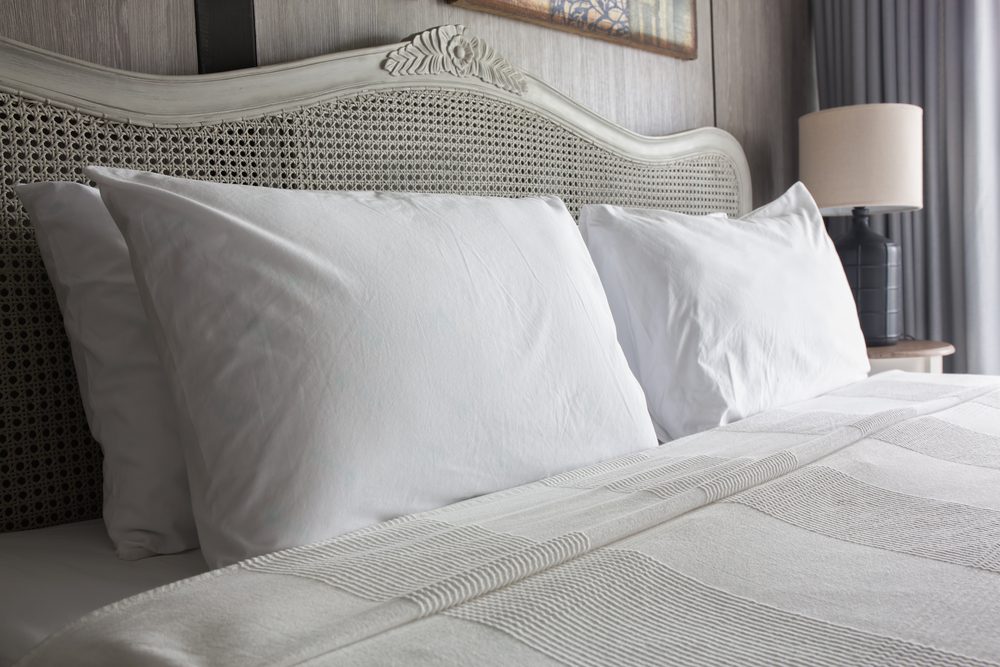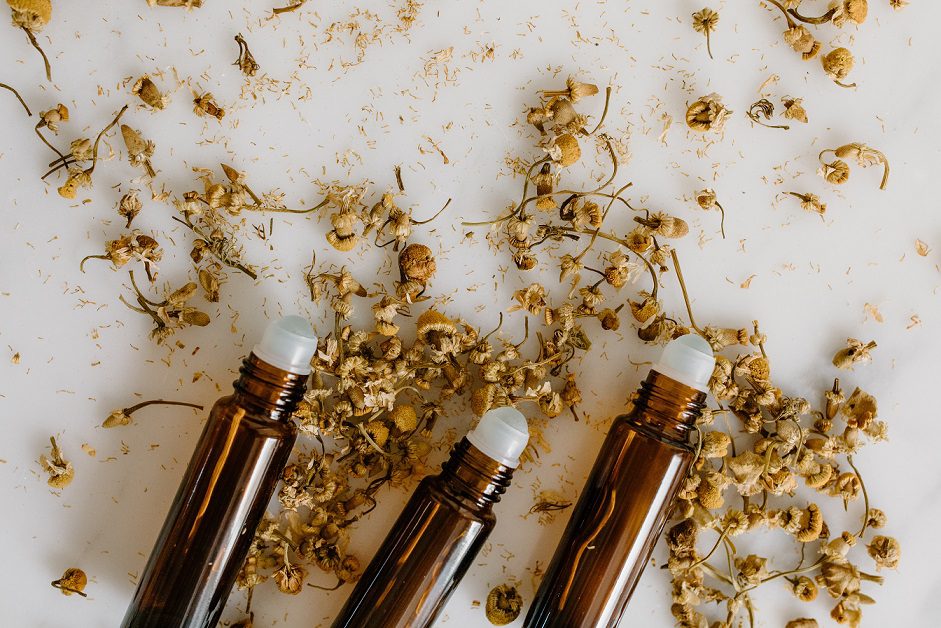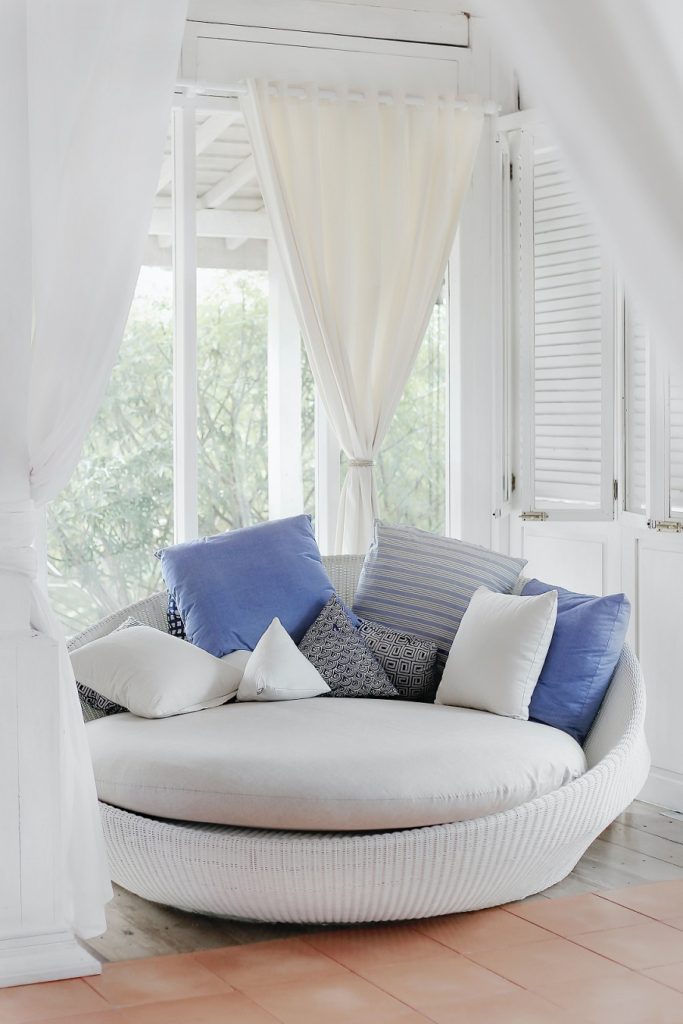Unveiling the Mystery: The Role of Alcohol in Natural Room and Linen Sprays
In the realm of natural room and linen sprays, the use of alcohol as an ingredient often sparks debates among consumers and enthusiasts. Some advocate for its necessity, citing its role in preserving and dispersing scents effectively, while others question its inclusion, concerned about its potential drying effects or its compatibility with a natural lifestyle. In this article, we delve into the necessity of using alcohol in natural sprays, explore the types of natural alcohols commonly employed, and weigh the pros and cons associated with each and shed light on how companies may attempt to obscure the presence of alcohol in their products. Additionally, we highlight our commitment at Positive Essence to transparency and quality by utilizing small quantities of stearyl alcohol and pure essential oils in our formulations.
Alcohol serves multiple purposes in natural room and linen sprays. One of its primary functions is to act as a carrier for essential oils and fragrances. Unlike pure water-based sprays, alcohol evaporates quickly, allowing the scent to disperse more evenly and linger longer in the air or on fabrics. Moreover, alcohol possesses mild antimicrobial properties, which can help to inhibit the growth of bacteria or mold in the spray solution, extending its shelf life and ensuring its freshness.

The scientist, dermatologist testing the organic natural product in the laboratory.
Without the inclusion of alcohol in a room spray formula, several consequences may arise. Firstly, the absence of alcohol can compromise the longevity and effectiveness of the scent. Entirely water-based formulations may not disperse as evenly or linger as long as those containing alcohol, resulting in a less potent and shorter-lasting fragrance experience. Moreover, without the antimicrobial properties of alcohol, the spray solution may be more susceptible to microbial growth over time, potentially leading to unpleasant odors or reduced product shelf life. Additionally, alcohol helps to solubilize essential oils and fragrances, ensuring they mix uniformly with the base solution. Without this solubilizing agent, essential oils may separate from the solution or fail to integrate properly, diminishing the overall quality and efficacy of the spray. Therefore, the inclusion of alcohol in room spray formulations plays a crucial role in enhancing scent longevity, preserving product integrity, and maintaining microbial stability.
Common Types of Natural Alcohols:
- Ethanol (Ethyl Alcohol): Ethanol is perhaps the most widely used alcohol in natural sprays. Derived from fermented sugars or grains, it is considered safe for topical use and is commonly found in cosmetics and personal care products. Ethanol evaporates quickly without leaving behind any residue, making it an ideal carrier for scents. However, some individuals may find its strong odor off-putting. Ethanol is typically relatively affordable, making it cost-effective for manufacturers and consumers alike.
- Isopropyl Alcohol: Isopropyl alcohol, also known as rubbing alcohol, is another alcohol commonly utilized in natural sprays. While it is effective in dispersing scents and possesses antimicrobial properties, it is generally considered less desirable than ethanol due to its harsher odor and potential drying effect on fabrics. Isopropyl alcohol is often cheaper than ethanol, making it a budget-friendly option for some formulations.
- Stearyl Alcohol: Stearyl alcohol is a fatty alcohol derived from stearic acid, which is found in coconut and palm oils. It serves as an emollient and thickening agent in cosmetic formulations, contributing to the texture and consistency of products. While not as commonly used as ethanol or isopropyl alcohol in room and linen sprays, stearyl alcohol can offer moisturizing benefits and may enhance the overall feel of the spray on the skin or fabrics. Stearyl alcohol may be more expensive compared to other alcohols due to its specialty nature and the production process involved. Despite this, stearyl alcohol is our choice in Positive Essence’s Room Spray formulas.
- Witch Hazel: Witch hazel is a natural astringent derived from the leaves and bark of the witch hazel shrub. While it is not technically an alcohol, it contains a small percentage of ethanol and is often used as a substitute for traditional alcohols in natural sprays. Witch hazel is prized for its soothing properties and gentle fragrance, making it a popular choice among those seeking alcohol-free alternatives. Witch hazel can vary in price depending on the brand and quality, but it is generally considered an affordable option.

Harvesting green tea in the field.
Pros and Cons of Each Alcohol:
Ethanol:
-
- Pros: Effective carrier for scents, rapid evaporation, mild antimicrobial properties, relatively affordable.
- Cons: Strong odor, may cause irritation for sensitive individuals.
Isopropyl Alcohol:
-
- Pros: Efficient dispersal of scents, antimicrobial properties, budget-friendly option.
- Cons: Harsh odor, potential drying effect on fabrics.
Stearyl Alcohol:
-
- Pros: Emollient properties, contributes to product texture and consistency.
- Cons: may not offer the same level of scent dispersion or antimicrobial benefits as other alcohols, potentially higher cost.
Witch Hazel:
-
- Pros: Gentle on skin, soothing properties, natural alternative to traditional alcohols, affordable.
- Cons: Contains only a small percentage of alcohol, may not provide the same level of antimicrobial protection.
Companies' Tactics to Conceal Alcohol Usage:
In an era where consumers increasingly prioritize natural and alcohol-free products, some companies may employ tactics to obscure the presence of alcohol in their room and linen sprays. Common strategies include using vague or ambiguous terminology such as "natural solvents" or "plant-based carriers" in the ingredients list. Additionally, certain companies may prioritize marketing their products as alcohol-free even if they contain alcohol in small quantities. To make informed purchasing decisions, consumers should scrutinize ingredient labels carefully and research the manufacturing practices of the brands they support.

Road sign, "no alcohol" sign. The concept of safety on the road and driving.
Companies often employ tactics to conceal the usage of alcohol in their room and linen sprays, resorting to vague or ambiguous terminology in the ingredients list. While alcohol may not always be explicitly listed, certain ingredients serve as indicators of its presence. Here are some common alcohol-based ingredients that companies may use to disguise the inclusion of alcohol:
- Natural Solvents: This term is often used as a catch-all phrase to describe alcohol-based solvents without specifying the type of alcohol used. Ingredients like "natural solvents" or "organic solvents" can conceal the presence of ethanol or isopropyl alcohol.
- Plant-Derived Extracts: Some companies may list plant-derived extracts or distillates that contain alcohol as part of the extraction process. For instance, ingredients like "botanical extracts," "herbal distillates," or "plant essences" may contain alcohol as a carrier or solvent.
- Essential Oil Blends: While essential oils themselves do not contain alcohol, they are often diluted in alcohol-based carriers for use in room sprays. Ingredients like "essential oil blends," "fragrance blends," or "natural fragrance oils" may contain alcohol as a carrier.
- Hydrosols: Hydrosols, also known as floral waters or herbal waters, are byproducts of the steam distillation process used to extract essential oils. While hydrosols are primarily water-based, some may contain traces of alcohol from the extraction process.
- Emulsifiers and Surfactants: Emulsifiers and surfactants are commonly used to stabilize and disperse oil and water-based ingredients in formulations. Ingredients like "plant-based emulsifiers," "natural surfactants," or "vegetable-derived emulsifying agents" may contain alcohol as part of their composition.
By using these terms and ingredients, companies may obscure the presence of alcohol in their room and linen sprays, making it challenging for consumers to identify alcohol-based formulations. As such, it's essential for consumers to carefully scrutinize ingredient labels and, if in doubt, reach out to manufacturers for clarification on the composition of their products.
In conclusion, while the necessity of using alcohol in natural room and linen sprays may vary depending on individual preferences and priorities, it remains a prevalent ingredient in many formulations due to its effectiveness as a scent carrier and antimicrobial agent. Ethanol, isopropyl alcohol, stearyl alcohol, and witch hazel are among the most commonly used alcohols, each with its own set of pros and cons. As consumers, it is essential to educate ourselves about the ingredients in the products we use and remain vigilant against deceptive marketing tactics employed by some companies. By doing so, we can make informed choices that align with our values and preferences for natural living.










